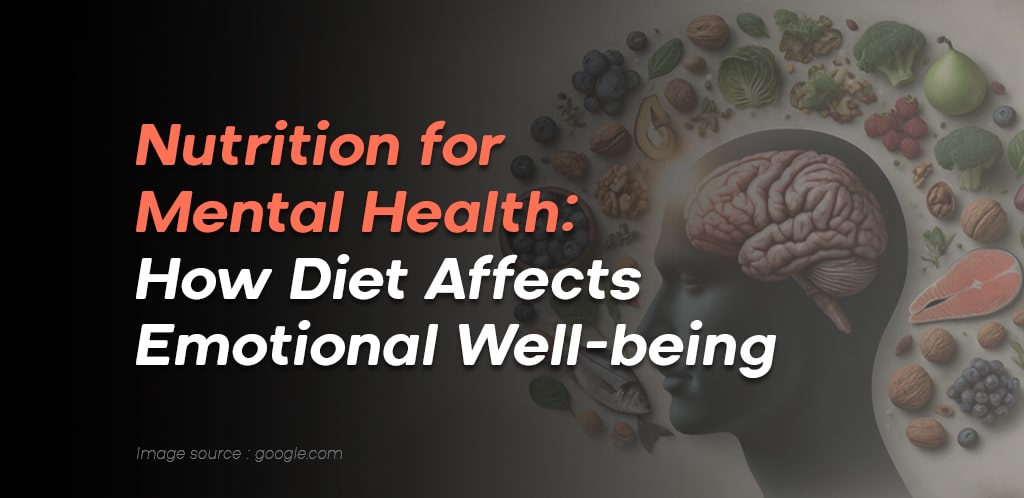
Good nutrition is crucial not only for physical health but also for mental well-being. A balanced diet can significantly impact emotional stability and cognitive function. Here's how different aspects of nutrition affect mental health:
Omega-3 Fatty Acids: Found in fish like salmon and flaxseeds, these essential fats support brain function and reduce symptoms of depression.
Complex Carbohydrates: Foods like whole grains and legumes stabilize blood sugar levels, preventing mood swings and irritability.
Antioxidants: Fruits and vegetables rich in antioxidants, such as berries and spinach, combat oxidative stress and protect brain cells.
Vitamin D: Exposure to sunlight and foods like fortified dairy and egg yolks boosts mood and helps fight seasonal affective disorder.
B Vitamins: Whole grains, meats, and dairy are rich in B vitamins, which play a role in regulating mood and reducing anxiety.
Hydration: Drinking enough water is vital as dehydration can lead to irritability and decreased cognitive performance.
Incorporating these elements into your diet can promote emotional well-being and cognitive health, underscoring the profound link between what we eat and how we feel.